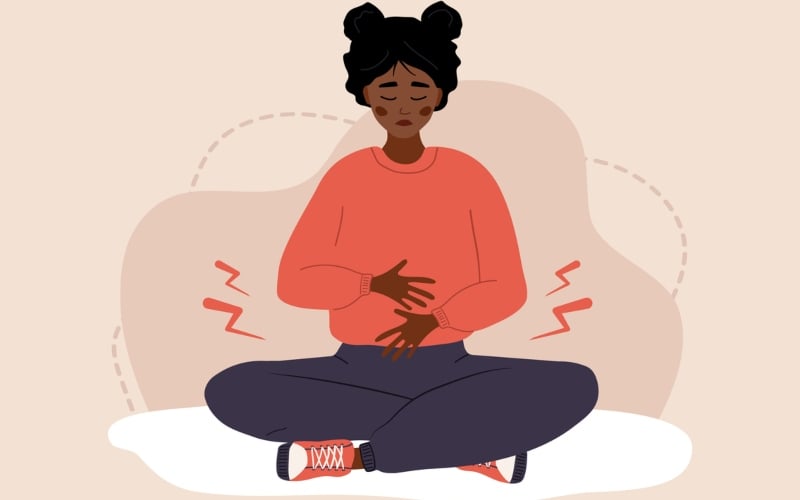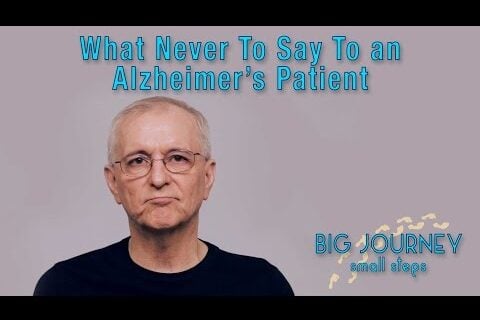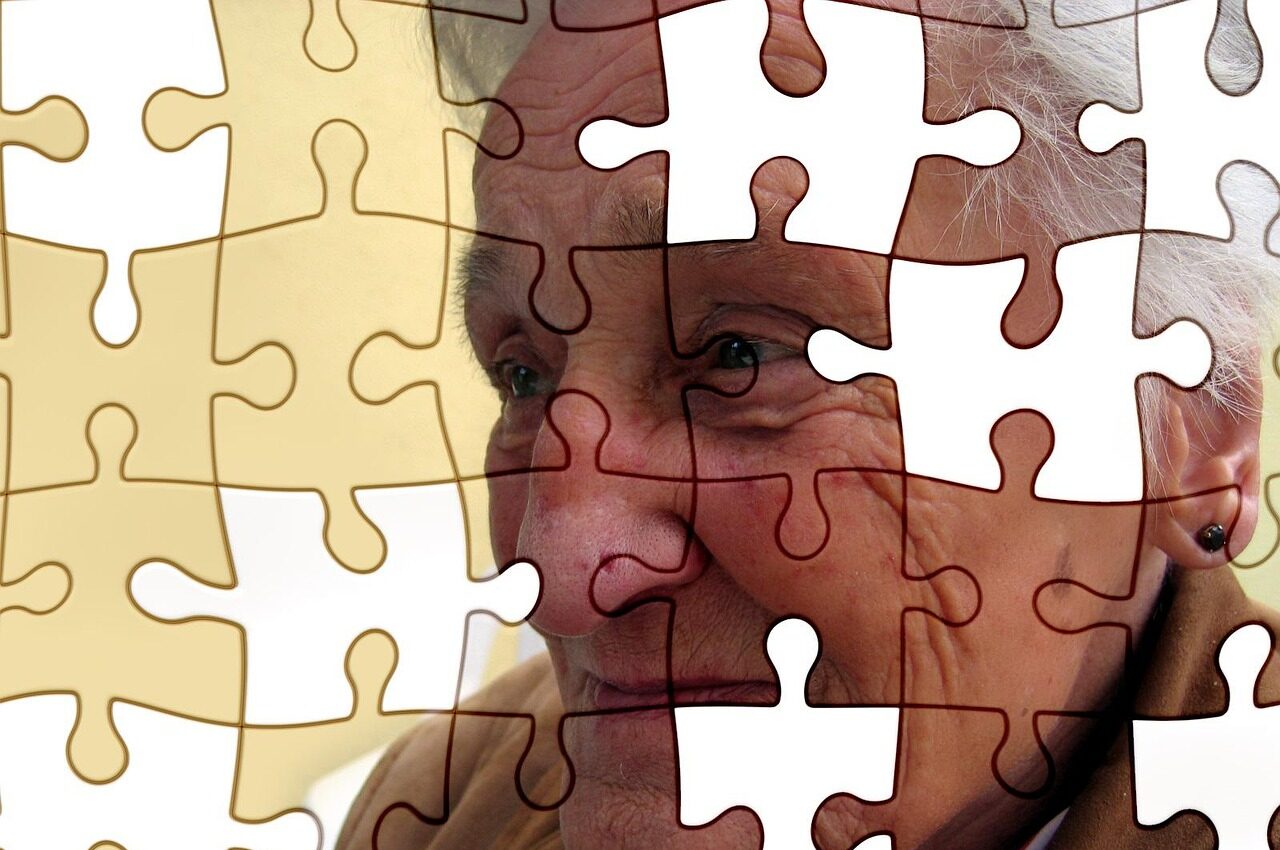I’ve written about how trauma isn’t always a big car wreck, living through war, being physically abused. It’s also the little, more subtle moments — especially when we’re young — that we feel overwhelming emotions, and no one is there to support us.
Maybe our parents were around, even. But they were too busy, distracted, or caught up in their own emotions to make us feel like we weren’t alone in our emotions.
I want to talk about something even more subtle called “intergenerational trauma.” It keeps coming up with my therapy clients, especially but not only those of color and those who are Jewish.
Intergenerational trauma is the passing on to younger generations of the oppressive or traumatic effects of a historical event.
The clear examples are the Holocaust and American slavery. These events traumatized people on a mass scale. Survivors were left with deep emotional scars, causing anxiety, depression, and other difficult ways of coping.
The children of these people couldn’t help but be affected psychologically by their parents’ trauma. Research suggests that trauma might even be passed down through genes.
In other words, we can’t escape the past.
This is true even if you, like me, are “white” and know little about your ancestors.
I’ve been learning more and more about some of my German ancestors and how they were traumatized. Long story short, they were deceived into leaving their villages to come to the American colonies in the early 18th century.
They were extremely poor. War had destroyed their villages. A historically cold winter had devastated their crops. Their political leaders — feudal lords put into power not by democracy but by birth — had been raising taxes to keep up with the extravagance of the French aristocracy.
They were promised by a religious leader that England would pay for their passage and give them land in the “New World.” Instead, English capitalists forced them to work as indentured servants in brutal conditions manufacturing supplies for the British Navy.
They eventually escaped into the frontier beyond the edges of the New York colony, surviving by relying on their German customs and living off the land.
No wonder a part of me distrusts authority. No wonder another part feels the need to constantly be hustling, working hard, keeping up, getting things done, preparing for the future.
Do you know about your intergenerational trauma? Do you what your ancestors went through and how it affects you today?
I don’t blame you if you don’t. Capitalism has erased the past for so many of us.
This relatively new economic system replaced indigenous ways of being (including from Europe) with a new logic of constantly increasing productivity, working past our limits, focusing on individual needs, controlling nature, organizing society around the nuclear family, and ignoring what our bodies are telling us.
The odds are that your ancestors were enslaved people or people who were forced to leave their homeland because of economic disruption.
This disruption cut them (and now you) off from customs, traditions, and ways of being that humans have practiced for millennia. This is true even if you are “white” and have primarily European ancestors.
I don’t know exactly what to do with my intergenerational trauma yet. My hunch is that knowing my family history will help me access self-compassion.
And it also points to what I need to do to heal: the opposite of what capitalism wants me to do. I need to slow down, feel what’s happening inside my body, spend time in awe of nature, and be with my family, neighbors, and coworkers in ways that increase rather than decrease care and connection.
What do you know about your intergenerational trauma? Have you talked to your parents or grandparents about their upbringings? Have you asked them what they know about their ancestors?
—
This post was previously published on Jeremy Mohler’s blog.
***
You Might Also Like These From The Good Men Project
 Compliments Men Want to Hear More Often
Compliments Men Want to Hear More Often  Relationships Aren’t Easy, But They’re Worth It
Relationships Aren’t Easy, But They’re Worth It  The One Thing Men Want More Than Sex
The One Thing Men Want More Than Sex  ..A Man’s Kiss Tells You Everything
..A Man’s Kiss Tells You Everything Join The Good Men Project as a Premium Member today.
All Premium Members get to view The Good Men Project with NO ADS.
A $50 annual membership gives you an all access pass. You can be a part of every call, group, class and community.
A $25 annual membership gives you access to one class, one Social Interest group and our online communities.
A $12 annual membership gives you access to our Friday calls with the publisher, our online community.
Register New Account
Log in if you wish to renew an existing subscription.
Username
First Name
Last Name
Password
Password Again
Choose your subscription level
- Yearly - $50.00 - 1 Year
- Monthly - $6.99 - 1 Month
Credit / Debit Card PayPal Choose Your Payment Method
Auto Renew
Subscribe to The Good Men Project Daily Newsletter By completing this registration form, you are also agreeing to our Terms of Service which can be found here.Need more info? A complete list of benefits is here.
—
Photo credit: iStock
The post What Is ‘Intergenerational Trauma?’ and Do You Have It? appeared first on The Good Men Project.
Original Article










